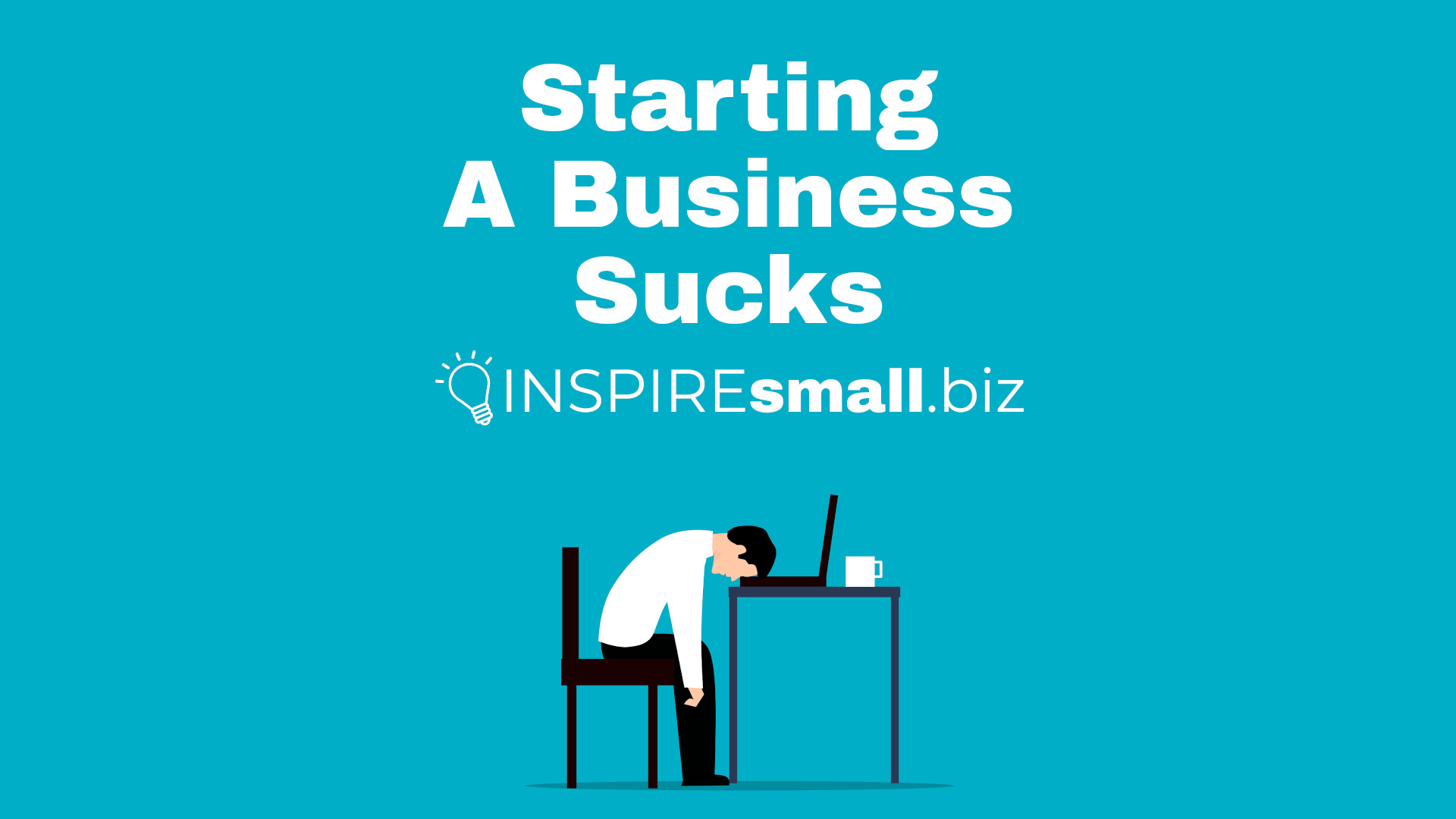Maybe it’s time to turn your side hustle into a legitimate business, but how? In this article, we’ll talk about the steps you’ll need to take to get your business established as a legal entity.
Why Should I Form A Legal Entity?
The answer is simple, to create a separation of your business from your personal assets. It also opens opportunities to qualify for business loans and to seek investors. A legal business entity also helps build trust with potential customers, especially for businesses that deal in high-value products or services.
Before You File
Choosing an original business name can sometimes be just as frustrating as choosing a unique username on social media. Before you file any paperwork, search your local state and the United States Patent and Trademark Office (USPTO) trademark database to make sure your desired business name isn’t already being used.
Even if you don’t find an exact match, beware of similar business names that provide the same products or services. While you may be able to successfully argue that your business name doesn’t infringe on an existing trademark, choosing a similar name to an established company not only could create confusion for customers, but it could also invite legal problems that prevent your business from reaching its full potential.
How to Form Your Business
To establish your business as a legal entity, you need to file organizing paperwork in the state where you’ll be conducting business and pay a filing fee. Generally, you’ll go to the website for your Secretary of State and find how they accept business filings.
Here in Indiana, our Secretary of State makes it easy to start a business and file required reports through their website.
Even if you’re not ready to start your business right away, most states also allow you to reserve your business name for a short period before you proceed with incorporating your business.
Types of Businesses
- Sole proprietorship: This classification is for someone who has not filed as a business in their state. Unlike other business structures, your business assets are not separate from your personal assets. This means your personal assets could be at risk if the business is sued or you’re unable to pay business debts. The IRS automatically classifies individual taxpayers acting as a business as a sole proprietor.
- Limited Liability Company (LLC): This business structure creates a shield to protect your personal assets from many business liabilities such as bankruptcy and lawsuits. You’re also able to avoid paying higher corporate tax in favor of self-employment taxes. Each state has unique rules for LLCs, check the Secretary of State where your business will be located for specific rules and laws.
- Partnership: This business structure is for two or more people who own a business together. There are two types of business partnerships, limited partnership (LP) and limited liability partnerships (LLP). This type is business is common for professions such as accountants and attorneys.
- Corporation: A corporation designates the business as its own entity, separate from the owners. While corporations provide stronger protection of the owner’s assets, there are also stronger requirements regarding recordkeeping and reporting of business activities. Corporations can raise capital through the sale of stock. Profits can be taxed twice in corporations when the company makes profit and when dividends are paid to shareholders.
What to Do After Filing
Once you’ve filed your organizing paperwork in your home state, you’ll visit the IRS website to obtain an Employer Identification Number (EIN) which is essentially a Social Security Number for your business.
With your EIN, you’ll be able to open a checking account for your business and signup for services like credit card processing.
Obtaining your EIN is also the beginning step of building business credit that is entirely separate from your own. Business credit is helpful for businesses that need capital without requiring the owners to personally guarantee the loan. The process of building business credit history takes time, so you’ll want to start building immediately.
The Importance of Good Bookkeeping
It is also highly advised to signup for an accounting app such as QuickBooks, and hire a bookkeeper right away.
The sooner you get your business accounting on the right track, the sooner you can achieve profitability.
Next Steps
Now that you’re officially a business owner, its time to shore-up your business plan. This is also a good time to sit down with a SCORE mentor and plot your next move.
Further Reading
- IRS – Business Structures: https://www.irs.gov/businesses/small-businesses-self-employed/business-structures
- US Small Business Administration – Choosing A Business Structure: https://www.sba.gov/business-guide/launch-your-business/choose-business-structure



